Journey to the heart of the Mount Lozère
As the seasons change, the Mount Lozère transforms as well: in spring, its flanks are tinted in bright yellow brooms, in summer — in purple haze of heather, in autumn — in red hues of wild blueberries, and in winter — in pure whites of fresh snow. Journey to the heart of Mount Lozère, to the land of fresh mountain springs, green pastures and wetlands, crystal clear creeks and rivers. The wild Mount Lozère is magnificent in all seasons, with its rolling slopes and granite boulders. This land is ideal for outdoor adventures!
The tumbled boulders of the mountain
Scenery sculpted by erosion
The mount Lozere stretches out, like a vast plateau, from Causse Sauveterre to Villefort, and from Pont de Montvert to Bleymard. It culminates at the peak of Finiels, at 1 699 m of altitude, the highest point of the Massif Central mountain range. The landscapes of the Mount Lozère are known for giant granite boulders, scattered here and there among immense fields: a result of bedrock erosion that gives a grandiose allure to the local scenery. Granite rocks have also been used for centuries for construction, giving our villages and hamlets a very unique look.
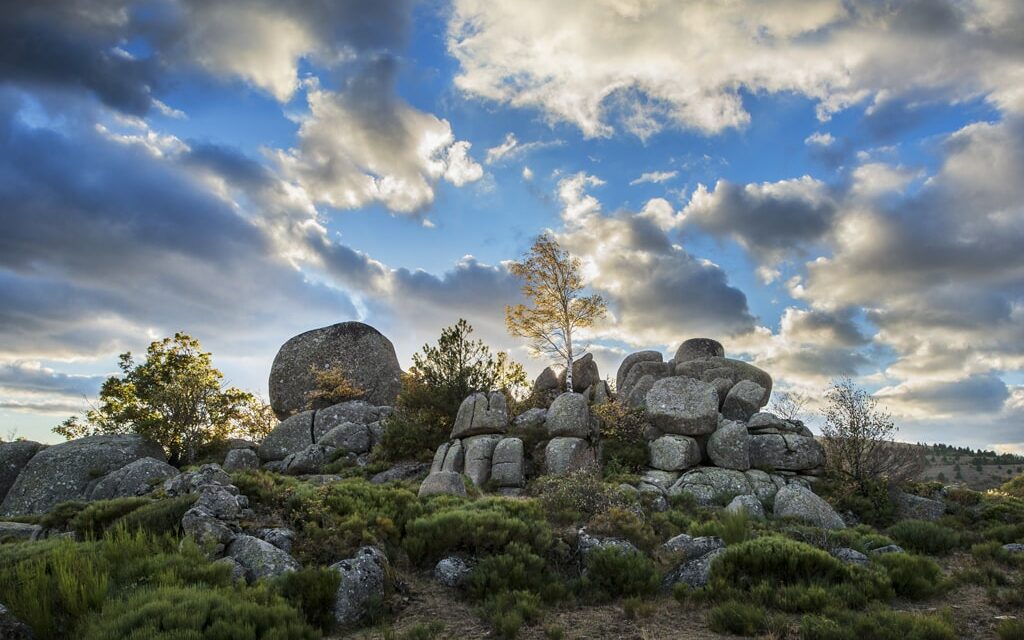
The land of fresh water springs
In the midst of creeks and wetlands
Numerous fresh water creeks weave their way down the slopes of Mount Lozere. Amidst them is the Tarn river, that takes source on the southern flank of the mountain. All these streams are home to a rich and fragile biodiversity.
In the midst of these green pastures, at 1 300 m of altitude, herds graze near traditional hamlets and small farms. You will find here wetlands populated by beaksedge, carnivorous plants, and grass frogs. About 1 000 bogs have been identified on the Mount Lozère to this day.
photo credit : © Axel Bernard photography
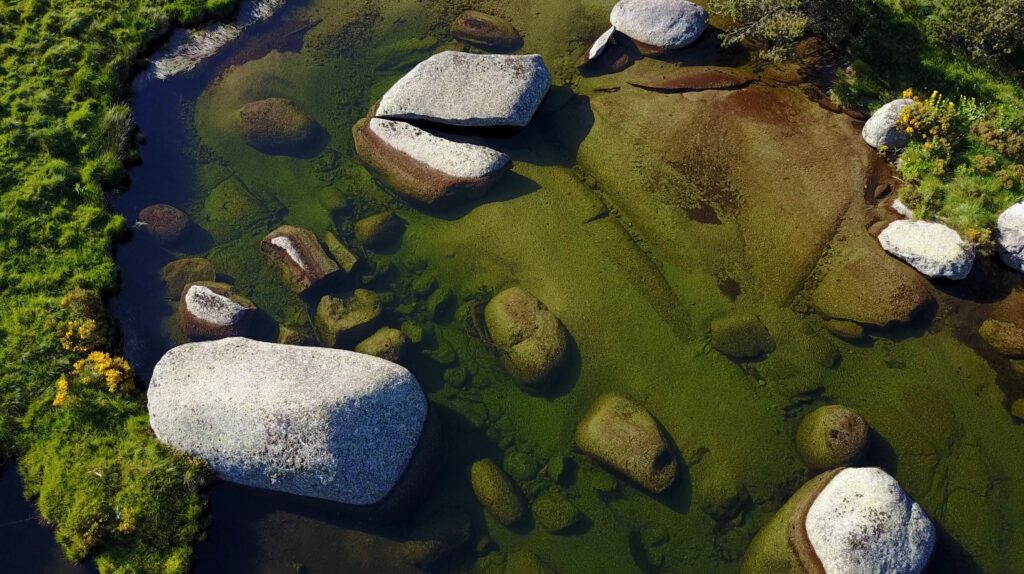
Did you know ? All 437 rivers that flow through the Lozere, take source in the Lozere !
The Lozère county
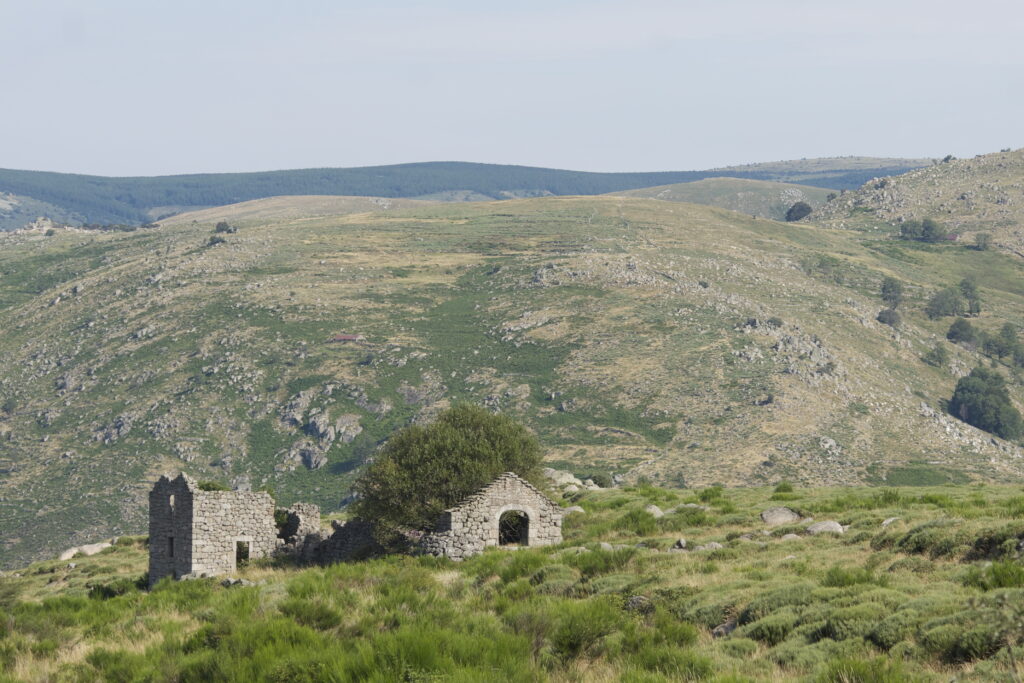
The land of green pastures
Landscapes that tell stories
The Mount Lozère is a museum without walls; its landscapes are profoundly marked with thousand-years-old herding practices. Agricultural activity is deeply rooted in the local culture and has shaped this land for centuries, which is why the Mount Lozère is part of the Causses & Cévennes UNESCO World Heritage Site. Shepherd trails, bancels (farming terraces), béals (irrigation ditches), cereal threshing floors are just some examples of the rich local heritage that you will encounter on your hikes. These man-made marks are a testimony to the ancient art of living in symbiosis with the surrounding nature.
photo credit : © Axel Bernard photography
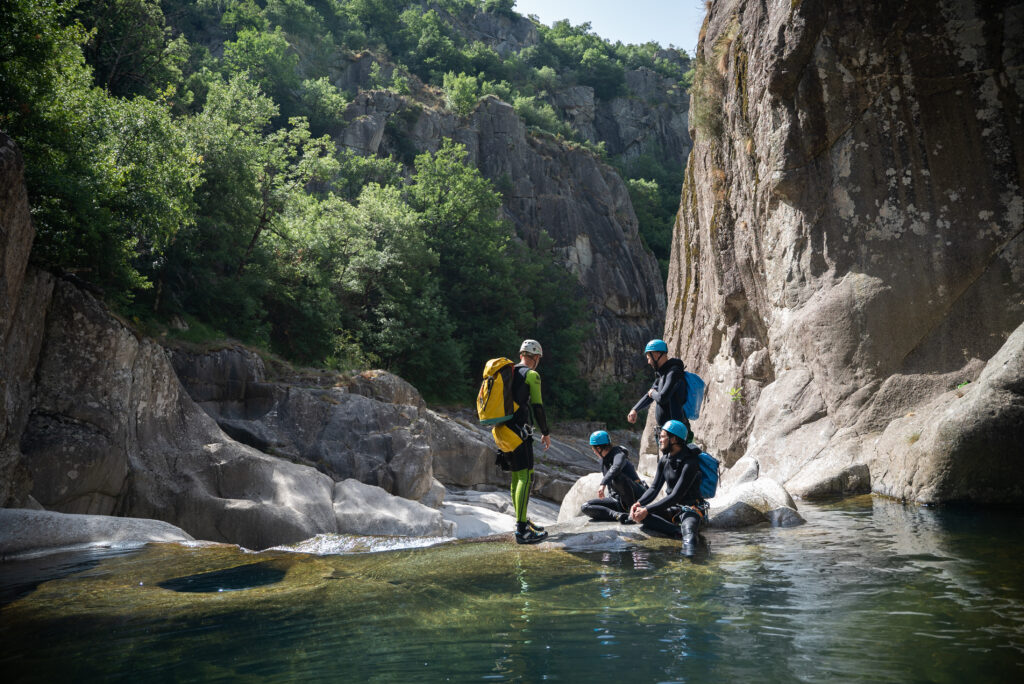
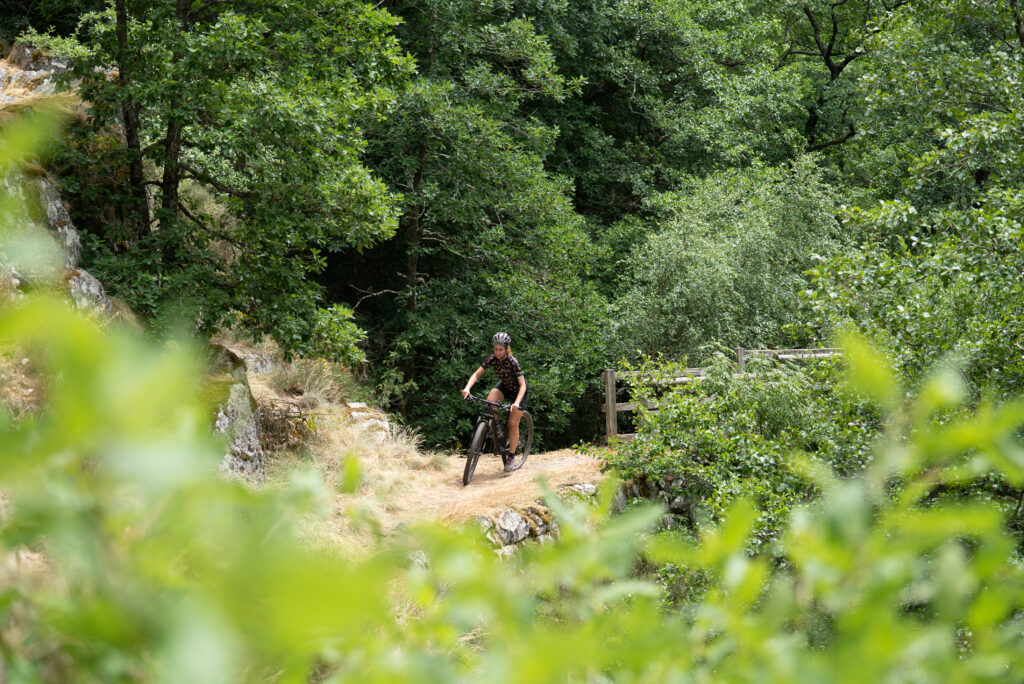
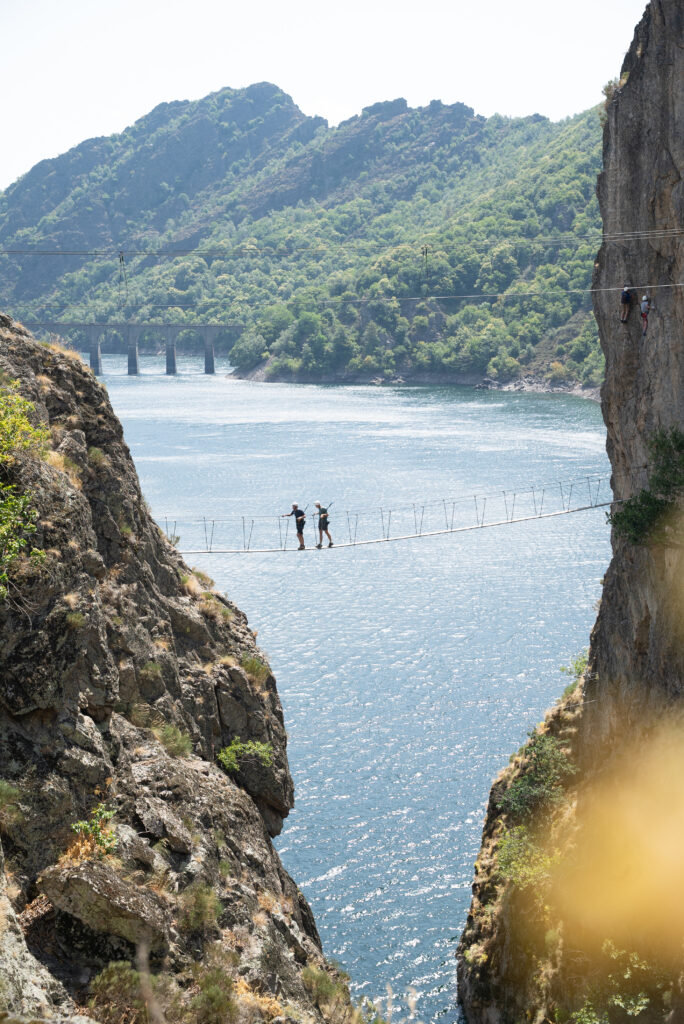
The thrills of unspoiled nature
When the land is your playground
The Mount Lozère isn’t just another pretty picture cliché, it is also the perfect spot for adventures. Take a pick between your favorite outdoor activities: from hiking to mountain biking (for those who prefer to stay on land), from via ferrata to rock climbing (for those who seek heights), from canoeing to canyoning (for those yearning to get wet)… All that and more in the midst of preserved nature and stunning views. Get ready to get thrilled!
photo credit : © Antonin Michaud Soret – ahstudio
5 top must-sees on Mount Lozère :
> Contemplate the majestic Rûnes waterfall.
> Take a hike to Finiels, the highest point of Mount Lozère.
> Canyon your way along mountain rivers.
> Climb the via ferrata so as to admire the sparkling waters of the Villefort lake from above.
> Take a walk along the Mas Camargues trail amidst the Tarn highlands, where numerous rivers take source.
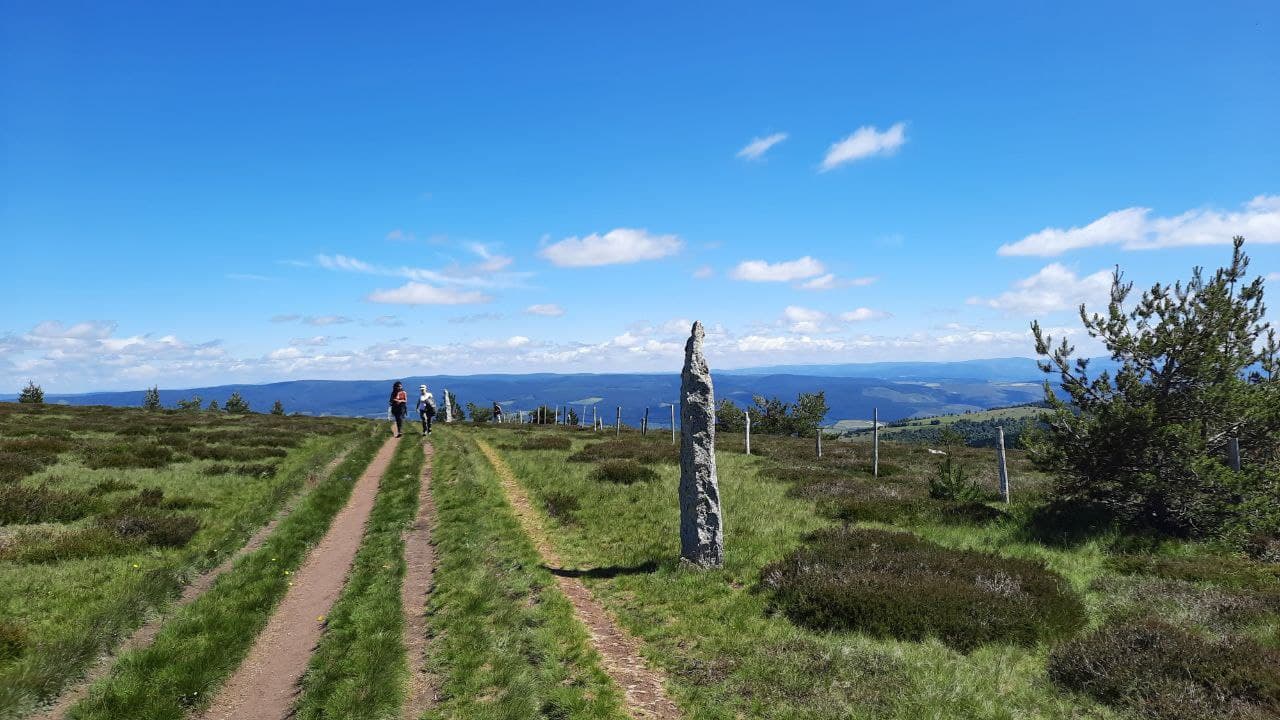
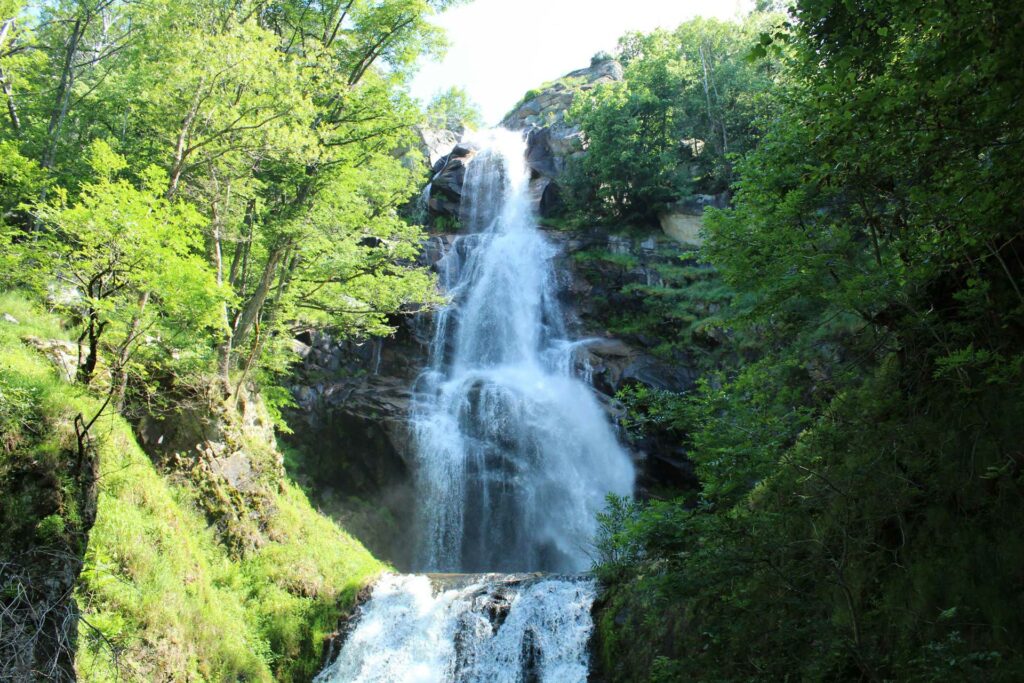
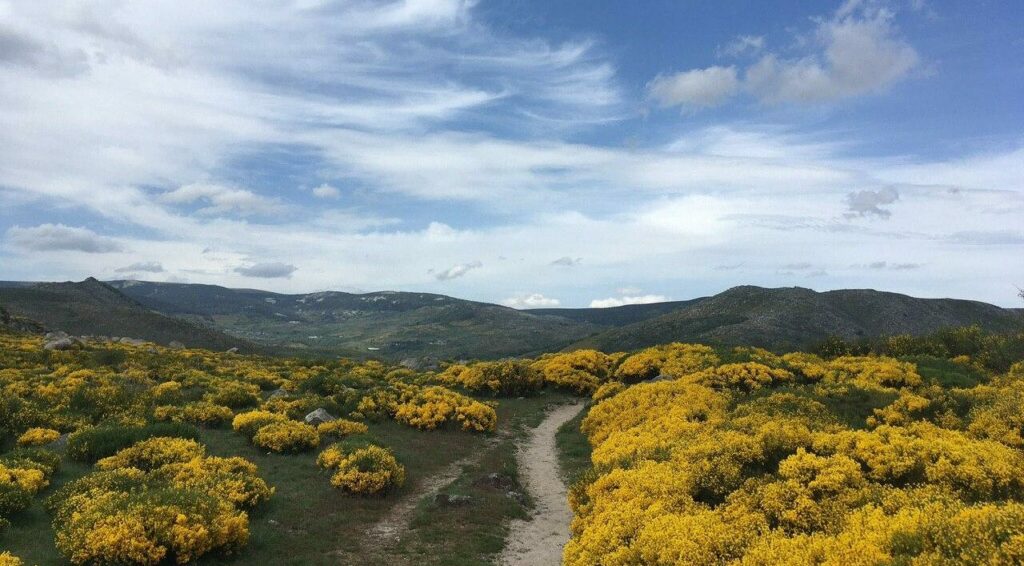
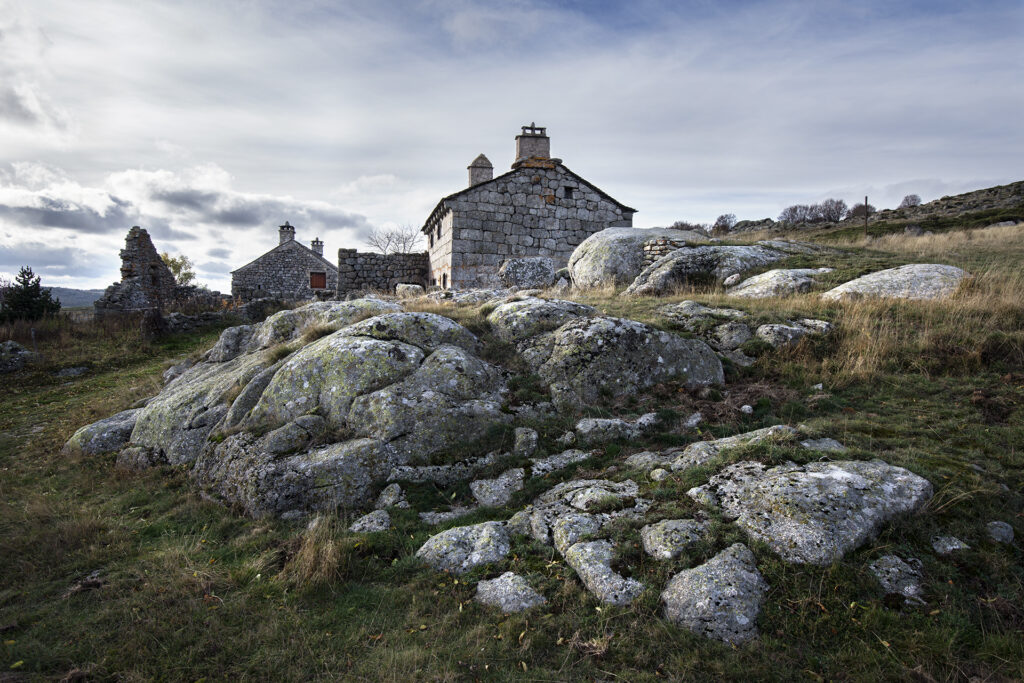
Picturesque villages and hamlets
And the secrets kept by stones
As you hike through picturesque villages and hamlets, keep an eye out on stones that bear witness to ancient history and traditions. 146 Maltese crosses are carved into various rocks around the Mount Lozère, delimiting the territory that once belonged to the Knights of Malta. Tempest bell towers rise near isolated hamlets, for those lost in violent rain and snow storms to find their way to shelter. As you walk through the narrow village streets, you will surely run into ancient bread ovens, watermills, wash-houses and threshing floors. Pay attention to the marks left during the tumultuous French Religion Wars, between Catholics and Protestants, that took place in the Cévennes and on the Mount Lozère.
photo credit : © Thierry Vezon
A selection of picturesque villages and hamlets on the Mount Lozere :
The Hôpital hamlet and the Order of the Knights of Malta The interpretive trail of the Mas Camargues hamlet Grizac and its medieval castle The interpretive trail of the Hermet hamlet La Fage and the tempest bell tower L’Aubaret and the shepherds’ path Les Urfuits and its traditional farmhouse Gourdouze and the Trenze rocks Le Pont de Montvert marked by French Religion Wars Vialas with its grandiose view of the Trenze rocks The medieval village la Garde Guérin